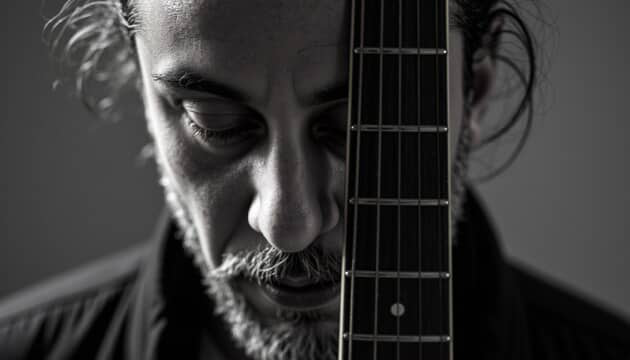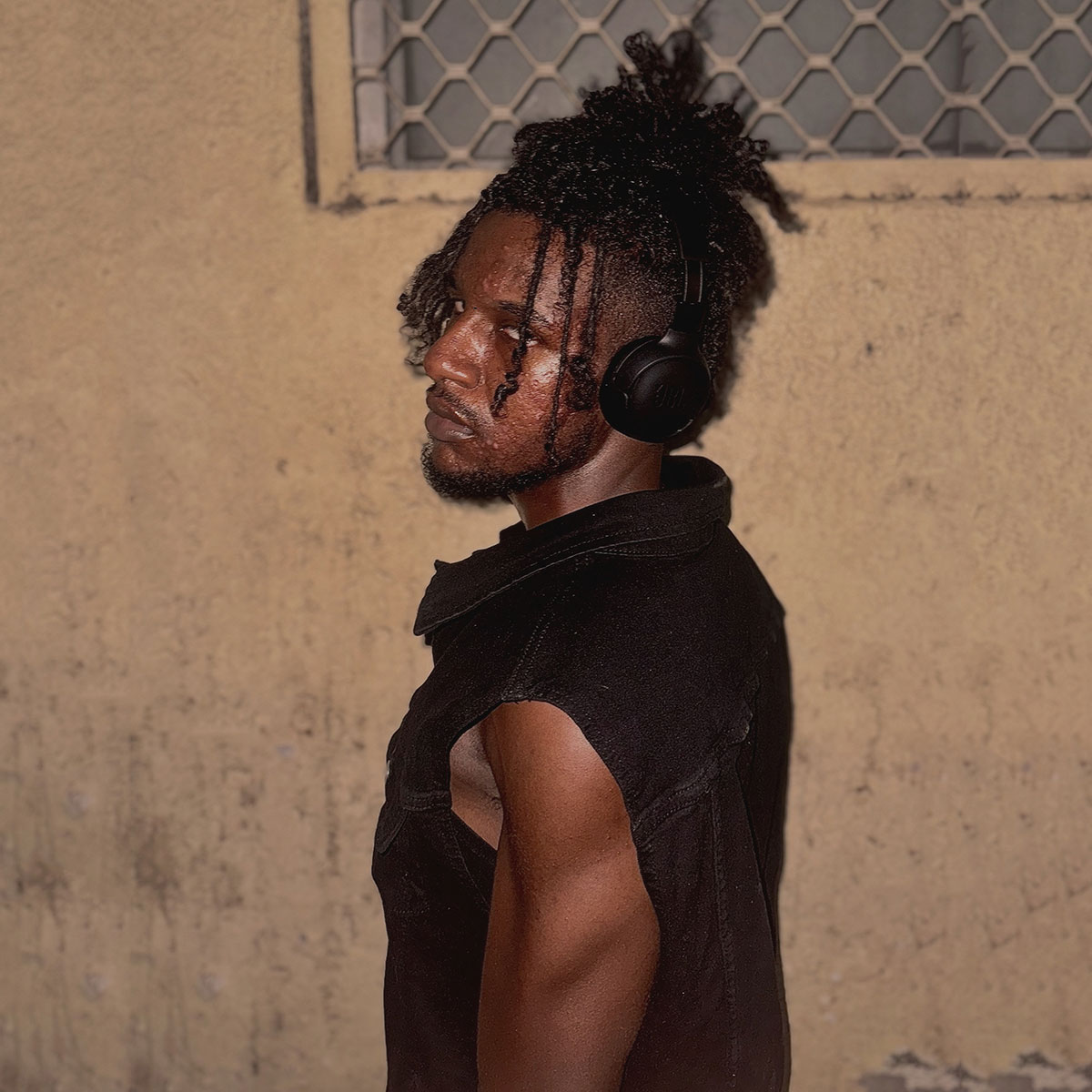When Mohamed Jawad Shaath talks about his collaborations with Lebanese icons like Alaa Zalzaly and Joseph Attieh, he speaks with familiarity and rootedness.
"Alaa Zalzaly is one of my idols," he says.
"We’re also friends outside of work. He inspired me with his music and creativity."
For a region steeped in musical legacies, this reverence reflects a kind of res firma—a stable ground from which he continues to evolve.—a stable ground from which Shaath draws his evolving identity. His collaborations function more as cross-generational dialogues, where tradition and experimentation share equal footing.

It helps that Joseph Attieh, another of Shaath’s collaborators, isn’t exactly a fringe figure. "He also plays different instruments," Shaath notes. "Which motivated me to learn and master new ones." For those keeping score: inspiration from actual skill, not social media metrics.
The paradox of modern Arab music is that while it's expected to pay tribute to its classical past, it also faces pressure to modernize. Shaath doesn’t seem overly troubled by the tension. "I keep an open mind when it comes to art," he says. And while some critics claim modernization dilutes authenticity, he concedes:
"Some traditional music needs to remain as it was made."
His balance between respect and risk makes sense when you understand his method. He sees music not as a radical act of rebellion but as a refined evolution. One that adapts to taste without becoming algorithmic filler.
He may be a composer, poet, and performer, but when you ask him about mental health, he cuts the narrative short: "No. I have never encountered any problems in that regard." Refreshing? Perhaps. But he doesn’t ignore the broader reality. "Mental health issues have always been a sensitive topic in the Middle East," he says.
"Even people that face issues, they never speak publicly about them."

Shaath’s approach to public life is not built on mystery, but restraint. "I post about my personal life on social media and always respond to any personal messages," he says. Yet, when asked about his daughter, he draws a firm boundary. "She’s still young, and I’m trying to keep her life away from social media and all the influences that come with it."
This is not a man curating a brand. It's someone calculating the emotional cost of visibility. A balancing act familiar to anyone who’s ever opened their DMs and regretted it.
Shaath’s influences stretch beyond the studio. A former professional footballer in Jordan, he says, "Being active can lead to a healthy life and prosperity in other aspects as well." Whether on the pitch or on stage, his ethos is clear: keep moving, keep creating.

His response to the idea that creativity springs from suffering is also telling. "Creativity originally comes from talent," he says, though he allows that both pain and joy can shape expression. Which is another way of saying: spare him the tortured artist stereotype. He’s too busy working.
Though he has a sizable social media following, Shaath isn’t campaigning for influencer of the year. "Having a big followers base can be tricky," he admits.
"But some cases need to be talked about. I still get affected by what happens around the world."
His commentary is less political platform and more civic reflex—a human reacting to humanity. And while that may not sell concert tickets, it speaks volumes about his mode of influence.

Shaath is well aware of what’s expected from artists in a culture crowded with critique. Rather than raising his voice, he continues to compose. He adapts. He listens. And unlike many of his peers, he’s managed to do this while sidestepping the need for performative vulnerability or choreographed authenticity.
According to Statista, the Middle East and North Africa region accounted for 3.5% of global recorded music revenue in 2022—still small, but growing. In that context, Shaath’s commitment to quality and cultural grounding may appear old-fashioned to some, but it serves a clear purpose in today’s shifting musical terrain.
If there’s a magnum opus in the making, it may not be a single track but a model of artistic steadiness. The kind that doesn’t beg for your attention, but earns it over time.
And let’s face it, in an industry that mistakes loudness for relevance, restraint might just be the most radical move of all.

REGIONAL is musivv’s segment featuring Arab artists in the Middle East. Features under this segment are considered as submissions for nomination under this category in the Musivv Awards’ annual recognition.














